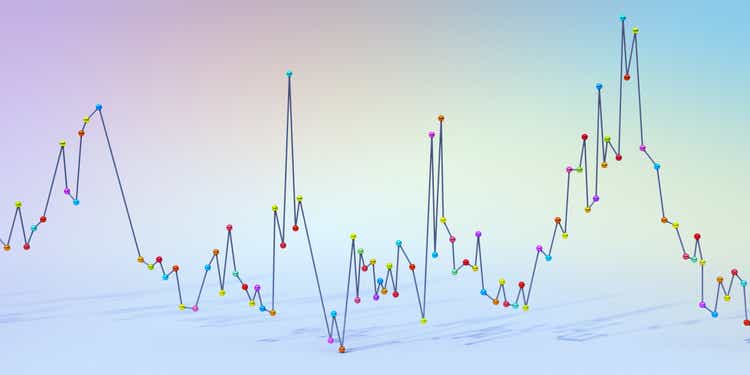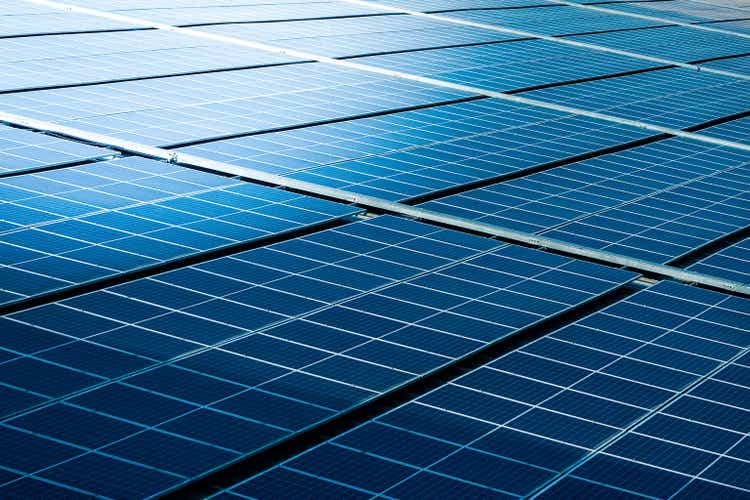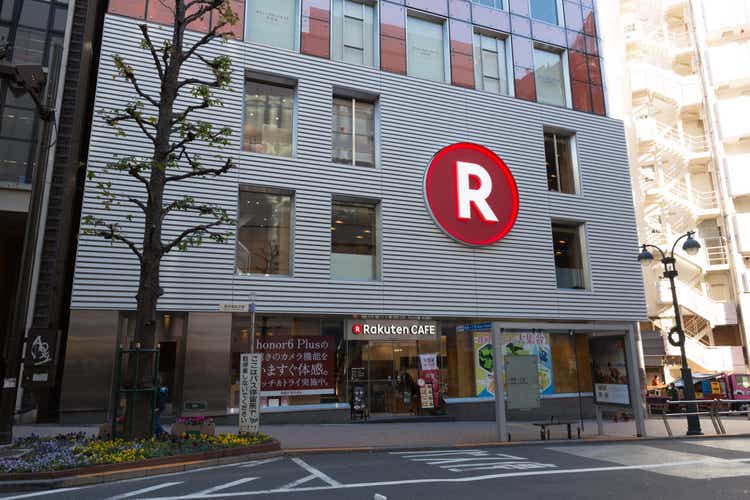
Thailand's Manufacturing Production Index (MPI) fell by 3.5% year-on-year to 92.4 points in September, due mainly to sluggish car and construction industries, while the outcome of the US presidential election may pose a fresh challenge in this year's final quarter, says the Office of Industrial Economics (OIE).
The decline in September led to the MPI dropping in the third quarter by 1.2% year-on-year to 94.7 points, with capacity utilisation standing at 58.
2%. Passakorn Chairat, acting director-general of the OIE, attributed the decrease in the September MPI to the domestic economic slowdown, people's weak purchasing power and the high level of household debt. "Car manufacturing in the country continued to decrease, declining for a 14th consecutive month," he said.
Total car production, especially pickups, small passenger cars, and hybrid electric vehicles with an engine size of more than 1,800 cubic centimetres, plunged by 23.4% year-on-year in September. One major reason behind the sluggish level of car production is banks' stricter criteria in granting auto loans for fear of non-performing loans.
The production of concrete, cement and plaster decreased by 8.9% year-on-year due to a slowdown in public and private construction projects amid the high level of household debt. Prices of construction materials and residential buildings also increased in September.
According to the OIE, the production of canned food produced from aquatic animals soared by 49.9% year-on-year this month, thanks to more purchase orders from the US, Canada and Australia to stockpile the products ahead of the year-end festivities. Thai entrepreneurs continue to face challenges in this year's final quarter, including concerns about the prolonged period of weak purchasing power among consumers, signs of an economic slowdown in the US as well as concerns over who will become the next US president.
The US election takes place on Nov 5, with Republican candidate and former president Donald Trump competing neck and neck with Democratic candidate and Vice-President Kamala Harris. "There will be companies affected or benefiting from the new US administration. I suggest manufacturers adapt themselves and better manage their resources," said Mr Passakorn.
He encouraged factories to use more clean energy in line with global efforts to reduce carbon dioxide emissions..













